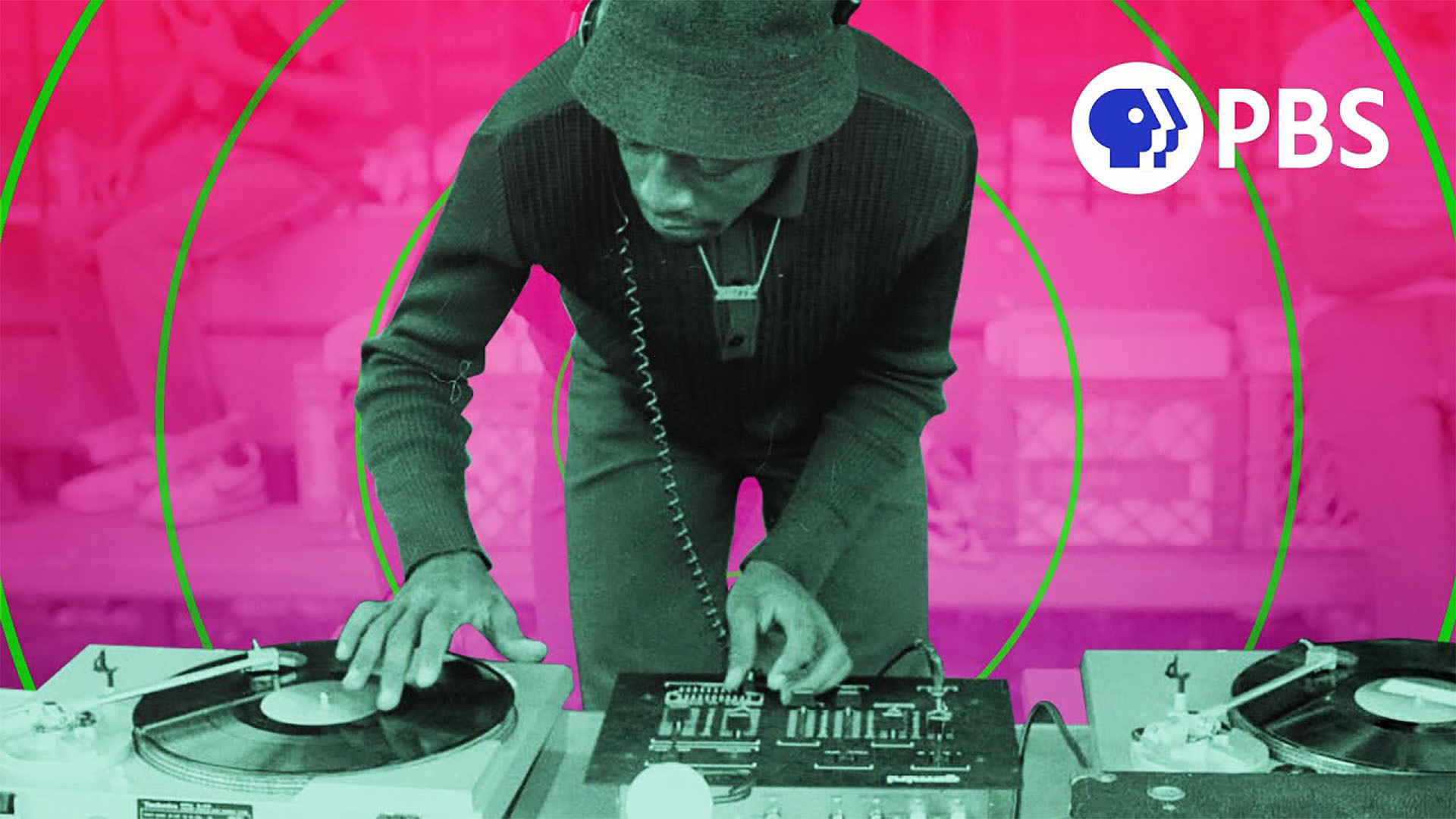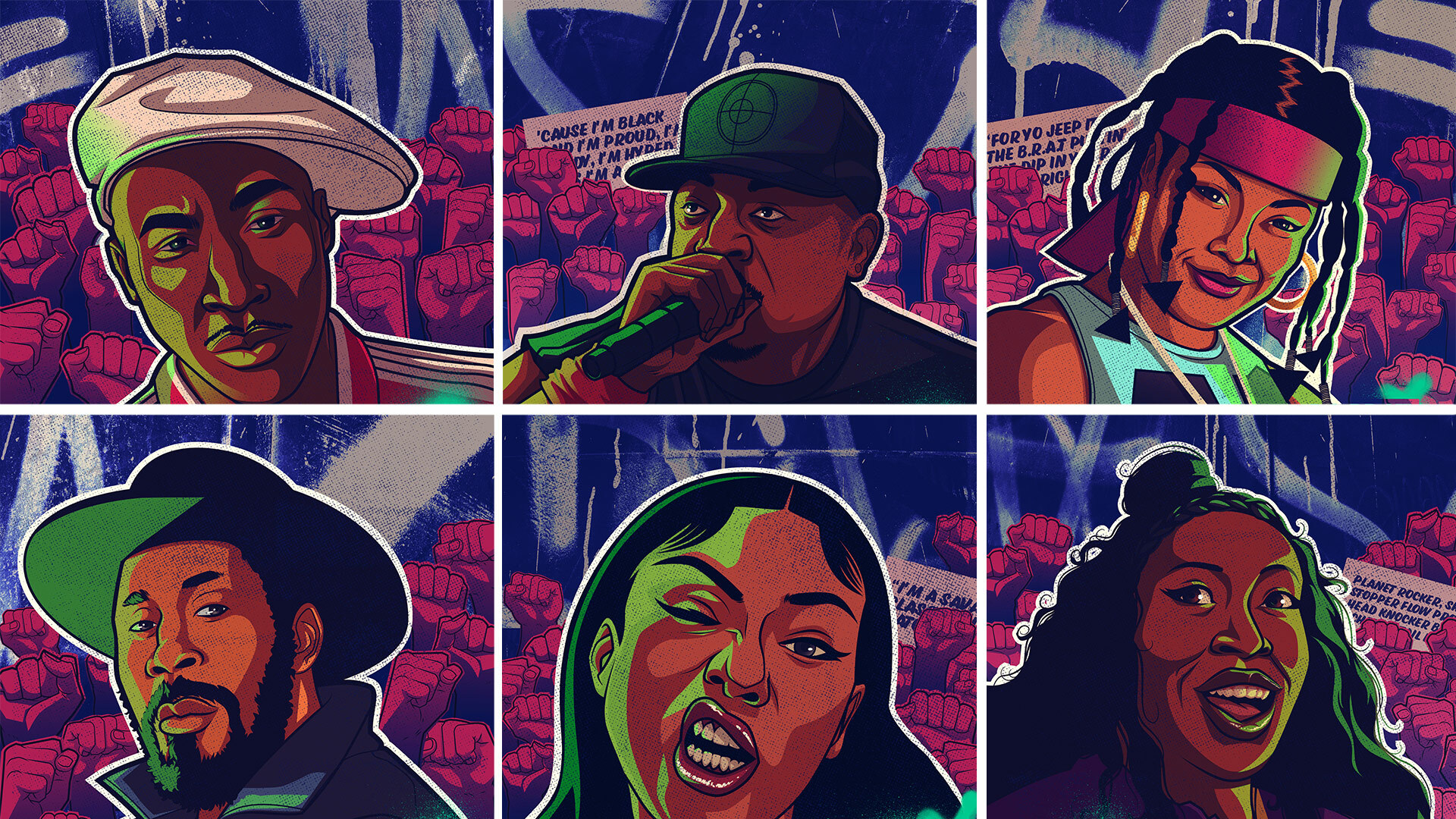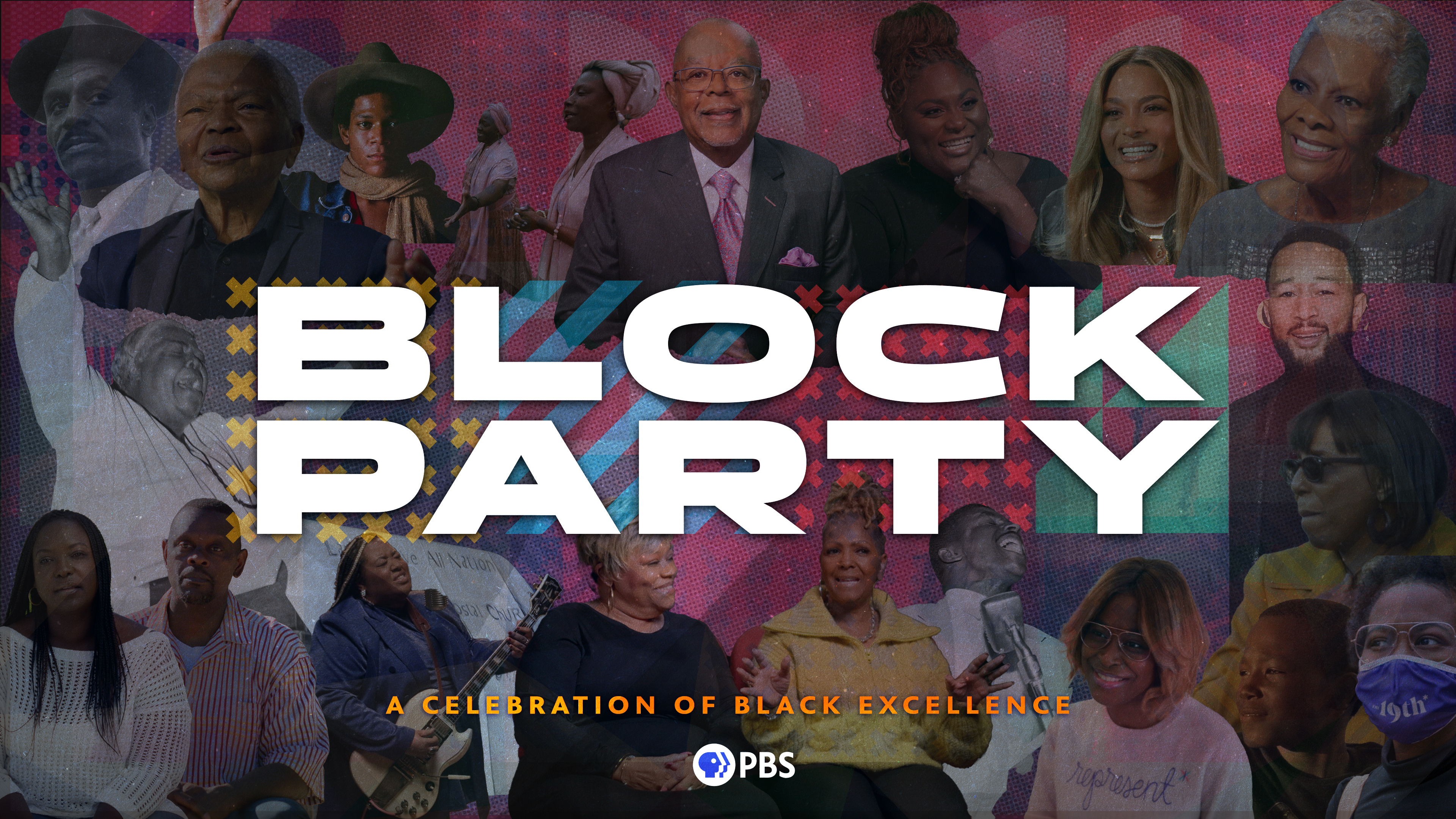This year marks the 50th anniversary of Hip Hop, and PBS’s new series "Fight the Power: How Hip Hop Changed the World" explores the genre’s origins, underscores its cultural impact across the globe, and shines a light on the individuals who have helped shape it since its inception.
PBS spoke with Executive Producers Chuck D and Lorrie Boula, and Series Director Yemi Bamiro, about the evolution of Hip Hop, its influence on popular culture, the next generation, and more.
Editor's Note: This interview has been edited for length and clarity.
Hip Hop and Politics
PBS: Hip Hop and rap music has often been used to speak out against injustice and motivate people politically. Do you believe that Hip Hop is inherently political?
Chuck D: Music and Hip Hop are about knowing who’s running in the streets. Politics are about knowing who runs the streets, so they’re connected but are not one and the same.
Yemi Bamiro: I believe that Hip Hop is inherently political - that is the entire objective of the series, to really lay that out, explore, probe and show why this is the case. Today it's easy to look past the foundation of the music. It's easy to not appreciate what Hip Hop as a culture is built on. Today it is a multi billion dollar industry which manifests itself in so much of what we consume - but at its core it has always been about speaking truth to power and articulating the injustices leveled towards marginalized communities. For me it will always be that.
PBS: In the early days of Hip Hop, many groups were politically active and the political messaging was at the forefront in their music. This is still true today, but many artists are also making albums that are more personal to their lives, relationships, and struggles. Do you think the focus has shifted?
Chuck D: The biggest difference is that back in the ‘80s there were a lot more Hip Hop groups. In a group, you had a bunch of different opinions that formed into one consensus so the lyrics couldn’t really be about just one person’s experience. Over time, the major record labels helped push Hip Hop into more of a solo industry so an artist is naturally going to speak to his own personal experiences and not so much about what a mass of people are going through. That’s why it might look like the focus shifted.
PBS: In "Fight the Power," you touch on Hip Hop’s impact during presidential elections, including President Barack Obama’s, and how it has encouraged people to vote, register to vote, and has connected with a younger demographic.
Do you feel Hip Hop culture is still a major force behind voting today, especially with young voters?
Chuck D: I think the bigger discussion is about how Hip Hop activated young people around the world for decades, not just in the US when Obama was running for president. "Fight the Power" talks about how Hip Hop changed the world, and what was happening in the US was just one part of that.
PBS: What advice do you give young artists with a culturally conscious message as they try to emerge on the scene today?
Chuck D: We all should talk to people who have different experiences than we do… talk to people in other countries and other cultures. It helps form an understanding of who they are because here in the US we’re so focused on it as if it’s the center of the universe and it’s not.
The Influence of Hip Hop on Popular Culture
PBS: There have been a number of influential artists and groups throughout the history of Hip Hop, but who do you consider the most influential artist?
Chuck D: I think the greatest list is in Ice-T’s documentary, "The Art of Rap." All the names are in there, it didn’t leave a single stone unturned. "Fight the Power" is almost like a sequel to that documentary, taking the story further by speaking to the political power of the art form. By no coincidence, Ice-T and I are brothers in the same mind.
Yemi Bamiro: This question made me chuckle! This answer is easy. Public Enemy and Chuck D. Chuck is the single reason why we all signed up to make this series. The legacy of PE and the seminal ground shifting work that they put out really set the benchmark and this remains the case.
Honorable mention to Melle Mel, Dead Prez, The Last Poets, Killer Mike, Nas and Kendrick Lamar.
PBS: Who is the artist or group that has most influenced you either as a musician or as a person?
Chuck D: In Hip Hop, I think I’m mostly influenced by a blend of Grandmaster Flash and the Furious Five and Run-DMC. A song that I always thought was heavily influential was “The Crown” by Gary Byrd, produced by Stevie Wonder. As far as an underrated group that helped make changes in the world, it was Stetsasonic and Daddy-O and another benchmark that came later was Arrested Development.
PBS: What is something that the new generation of rappers and hip hop artists can learn from earlier generations of artists?
Chuck D: How to be a group. Soloists can only do so much.
PBS: The history of Hip Hop and rap are tied to the experiences of the Black community in the United States.
What are your thoughts on elements of rap and Hip Hop in other countries and cultures, such as the prominence of rap in Korean pop music? Or, for example, the rap group Kalush Orchestra who have been speaking out on the war in Ukraine?
Chuck D: To go back to what I said earlier about the lyrical shift in Hip Hop over time, a collective voice can speak for a people or a movement in a way that a solo act might not. And artists around the world know that when a group speaks out against factors and try to start, or stop, movements they tend to get noticed more. No such thing as a one-man movement.
And Hip Hop is global. Has been almost since the beginning.
Yemi Bamiro: At the core of the music is protest and resistance - that is the foundation. It's not surprising to me that it has spread around the world and seeped into other countries, cultures and been used as a tool to air their own grievances of injustice, hierarchy and elitism.
PBS: What do you hope viewers will take away from the series?
Chuck D: That it ain’t kids music. People have been listening to Hip Hop for 50 years. If somebody was three when it first started then they’re 53 today.
Support your local PBS station in our mission to inspire, enrich, and educate.
The Evolution of Hip Hop
PBS: The Hip Hop and rap genres of music are incredibly diverse. What are your favorite subgenres and groupings of Hip Hop or rap?
Chuck D: International rap, rap that originates outside of the US. Internationally, women make up 33 percent of the rap game. I’m usually blown away by female artists because they rap against the odds.
PBS: What options exist for artists beyond signing a record deal with a large company?
Chuck D: Being tech savvy and using your phone as a tool instead of a toy has made it possible for artists to exist without the record labels.
Yemi Bamiro: The internet! The record industry structure / operation as we once knew it doesn't really exist anymore and that is because of the internet. There is power in independence and power in ownership and artists don't need record labels in the same way as they once did.
PBS: Looking toward the future, what types of changes or trends do you anticipate or would you like to see take place in Hip Hop over the next decade?
Chuck D: I’d like to see it go back to having more collectives, more groups. And Hip Hop needs better curators.
PBS: In recent years we’ve seen younger generations like Gen Z discover their music through platforms like TikTok and Instagram. Likewise, different songs and artists have gone viral through these platforms.
Do you feel social media will continue to have an impact on how we consume Hip Hop or how new artists are creating music?
Chuck D: I believe that cultural media is greater than social media.
The Making of "Fight the Power"
PBS: Can you share with us how this project first originated? What inspired you to bring this show to PBS?
Lorrie Boula: About four years ago Chuck and I started discussing doing a documentary that would highlight and showcase the importance of Hip Hop, and not just its commercial popularity.
As a lifelong PBS fan, they were the only and obvious choice.

The PBS 'Black Culture Connection' Newsletter
Celebrate Black history all year round with PBS Black Culture Connection. We'll connect you with films, timely discussions, live events and educational resources.
PBS: With the 50th Anniversary of Hip Hop coming up this year, how does the series celebrate and honor the impact of the genre on society?
Why is this story specifically essential to share at this point in time?
Lorrie Boula: Through the four-part series, we take you on a journey of Hip Hop’s importance and impact from the 70s through the Black Lives Matter uprising. The show draws a straight line between many of your favorite Hip Hop songs and the socioeconomic, police brutality, and social justice issues they address.
PBS: What is your connection to Hip Hop as a genre? What does the history of Hip Hop mean to you?
Lorrie Boula: I’ve loved Hip Hop before it was even called that. Being born and raised in the south Bronx in the '70s. Some of my earliest and happiest memories are dancing to Grandmaster Flash at Crotona Park and rockin' at block parties.




